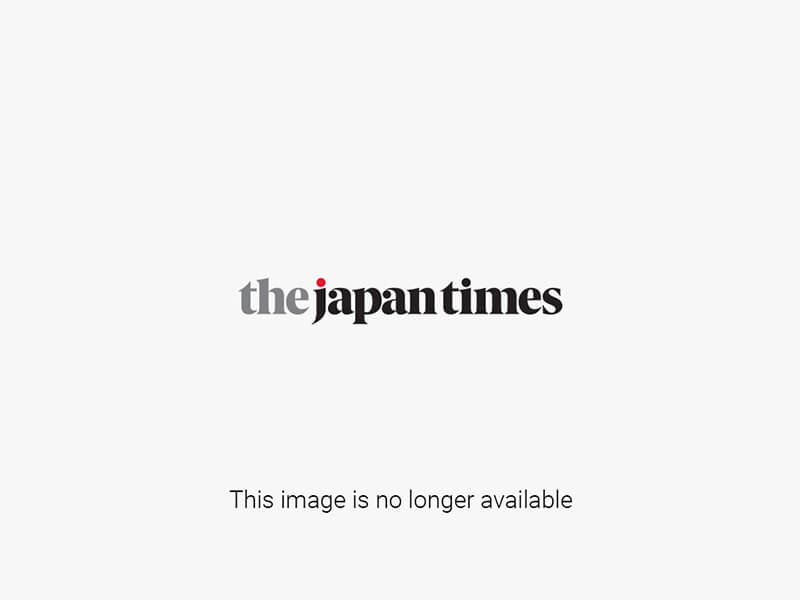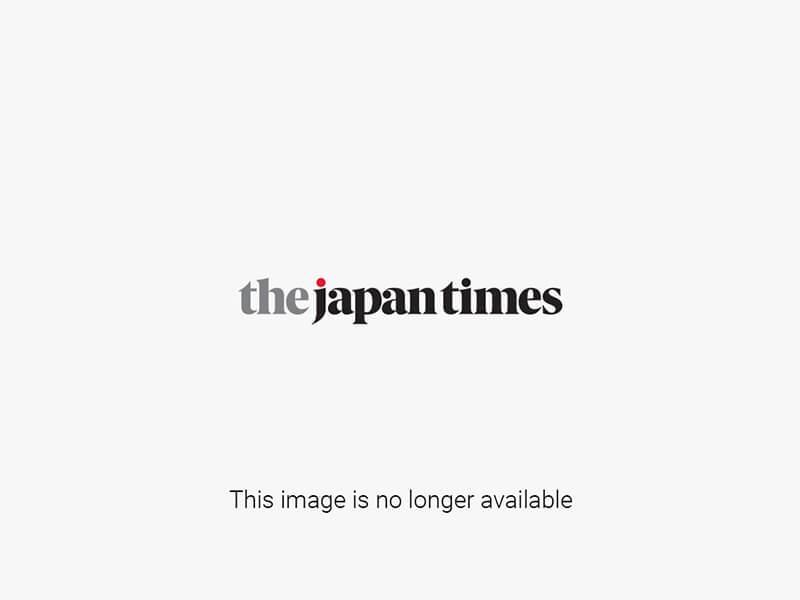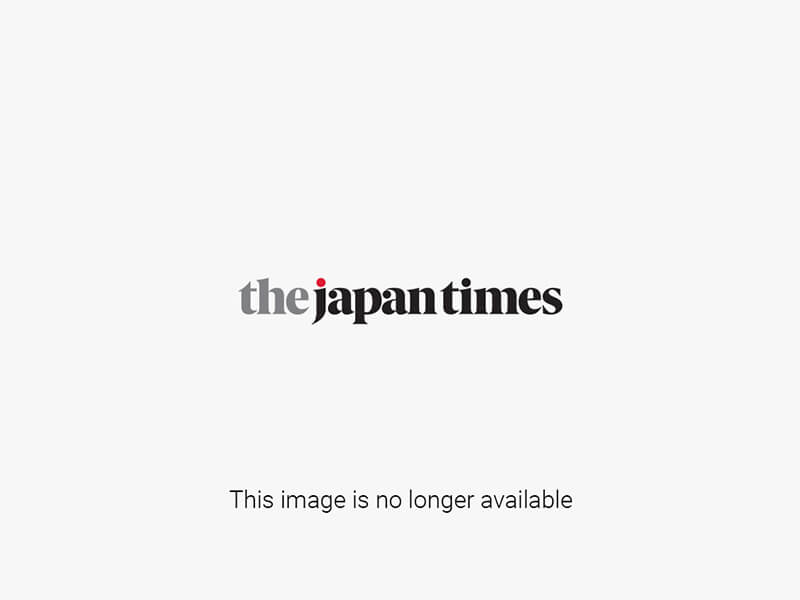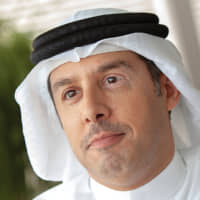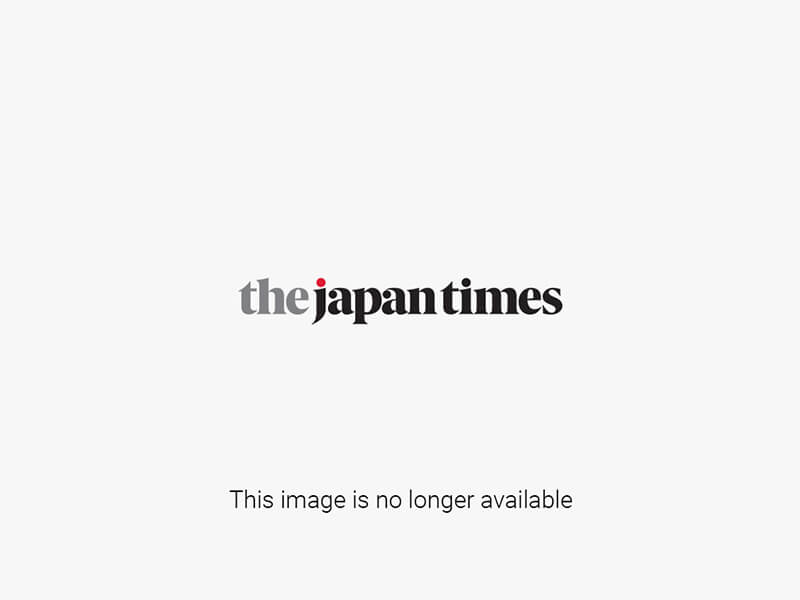Although the outlook is bright for the Bahraini oil industry, the kingdom has no intention of straying off its very successful path of diversification and embracing the Fourth Industrial Revolution by combining Bahrain’s traditional strengths with emerging technologies.
“So successful have we been that, over the last 15 years, non-oil sectors have grown from 60 to 80 percent of gross domestic product (GDP),” said Minister of Finance and National Economy Shaikh Salman bin Khalifa Al Khalifa.
This growth, accompanied by a dramatic rise in non-oil foreign direct investment (FDI), has recently taken on additional impetus. In 2018, the kingdom attracted about $830 million from 92 international companies that will create over 4,700 jobs — figures up 17, 15 and 57 percent respectively on 2017.
“2014’s global drop in oil prices contributed to a push for diversification. It was a blessing in disguise as it forced government, citizens and companies to change and move forward,” said Khalid Al Rumaihi, CEO of the Bahrain Economic Development Board (EDB), the public agency with overall responsibility for attracting investment.
According to him, Bahrain’s diversification strategy is focused on five sectors: “I think the Arab world missed the first three industrial revolutions, we must make sure we grab the fourth one. So, finance is our largest non-oil sector and we are seeing fantastic momentum in fintech. We have similar momentum in three other focus areas — technology, manufacturing and logistics. And the last priority, tourism, generated about half of our FDI in 2018.”
These priority sectors play to Bahrain’s strengths, the biggest of which is that everybody, from the highly skilled citizens to government leaders, works together as “Team Bahrain” to advance the small country’s economy. “It’s not just a slogan. Companies have easy access to decision makers including ministers. That is rare,” stated Al Rumaihi.
At the heart of Team Bahrain is the EDB, which was formed in 2000 and works with government and investors to create and support a forward-centric business climate. Through 22 worldwide offices and numerous initiatives, the agency assists companies at every stage of an investment project by, for example, helping to find premises, introducing Bahraini talent and opportunities, and explaining legislation.
“The EDB has been very successful in reaching out to some of the largest companies in the world,” added Al Rumaihi.
The ideal starting point in any sector
EDB’s CEO explained how it achieved this: “Investors are smart and they want to make money. For each of the five sectors, we have a value proposition, a narrative and the facts to back it up.” He begins by telling international businesses why they need to operate in the Middle East and North Africa (MENA) region: “It has a young, consuming population of around 300 million and a GDP of about $4 trillion.
“Once they understand the importance of being a first mover in MENA, that’s when we explain Bahrain’s strengths as a regional gateway.” For all sectors, those strengths include a competitive cost of doing business; high quality of life; a government looking to shrink its role in favor of the private sector; enabling infrastructure; business-friendly legislation; and well-educated, innovative local talent.
Bahrain is also developing a startup ecosystem to boost talent and ideas. Earlier this year, the Al Waha Venture Capital Fund of Funds closed $100 million in funds that will support technology startups. This groundbreaking fund is managed by the Bahrain Development Bank (BDB), which was set up by the government in 1992 to support entrepreneurship and promote investment.
“The Al Waha initiative aims to attract international venture-capital funds that can boost the startup ecosystem in Bahrain and the region, although investments can also be made elsewhere in the world,” explained Sanjeev Paul, BDB’s CEO.
Additionally, BDB helps entrepreneurs through a program called Rowad, said Paul; “This provides coaching and mentoring, puts them in touch with other entrepreneurs, and assists them to present their ideas to local and international investors. We also run two incubators.”
To further build Bahrain’s startup environment, BDB is now forming international links, he said: “We want our startups and those in other countries to exchange ideas, set up companies together and help each other to expand into the other’s regions. We have not reached out to Japan yet, but it is definitely something we should look at.”
All of the BDB’s Shariah-compliant services are open to foreign entrepreneurs setting up operations in Bahrain, which an increasing number are doing, according to Paul: “Bahrain is a great gateway to a stable region. When international businesses arrive here they find that the network of institutions that Bahrain has created for them are extremely helpful. The fact that Amazon Web Services has chosen Bahrain as its first regional base shows the kingdom’s potential. I think that is a game changer for the future of our private sector.”
Bahrain’s strengths in manufacturing, logistics and as an export base are becoming increasingly clear to businesses like global food giant Mondelez International, which in 2018 made its second major investment in the country it uses as its MENA hub: a $90 million state-of-the-art biscuit factory that is the size of 30 soccer pitches.
Recent investors in tourism, on the other hand, include hotel developments from Abu Dhabi’s Eagle Hills and Dubai’s Jumeirah, and one of the Gulf’s largest retailers, Saudi Arabia’s Jarir Bookstore, will anchor a new $37 million retail complex.
Al Rumaihi gave a few reasons why tourism investments are picking up steam: “Some beautiful hotels will come up in the next few years, we have our new exhibition center, plus Gulf Air and the Bahrain Tourism and Exhibitions Authority are reaching out to more markets and operators. As with all five of our priority sectors, we have the team, we have a great narrative and we have momentum behind us.”
Why Bahrain?
• 100 percent foreign ownership in almost all sectors
• Gateway to the $1.5 trillion Gulf Cooperation Council (GCC) market
• Bahrain ranks 15th globally in the use of virtual social media networks
• 89 percent of the information and communication technologies (ICT) workforce holds either a bachelor’s or a master’s degree
• 90 percent of the ICT workforce is fluent in English and Arabic, and Bahrain ranks first in the Middle East and North Africa and sixth worldwide for languages
• Strategic location: 30-minute drive to Saudi Arabia; Khalifa Bin Salman Port has the fastest clearance time anywhere in the GCC; and the easiest and most direct access to all of the GCC’s airport hubs, with one-hour flights from Bahrain International Airport
• Eighth globally for business fundamentals in the Agility Emerging Markets Logistics Index
• 114 nationalities are now eligible for e-visa applications
• An investor’s visa with a temporary commercial registration for 90-day visits can be applied for online
• Bahrain ranks first, for the second year, in the InterNations Expat Survey and fifth in HSBC’s 2018 Expat Explorer Survey for expat satisfaction
